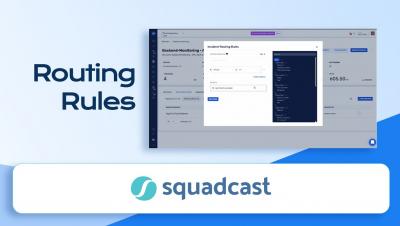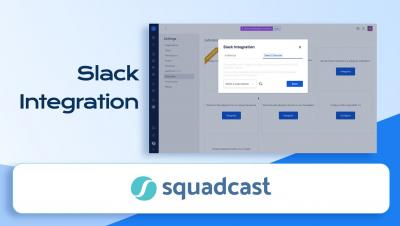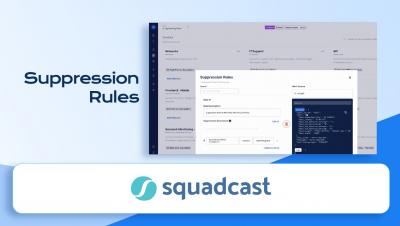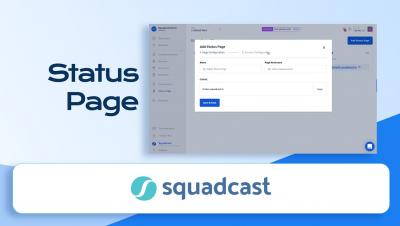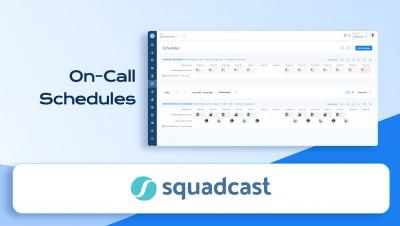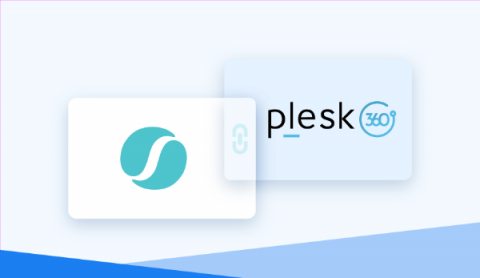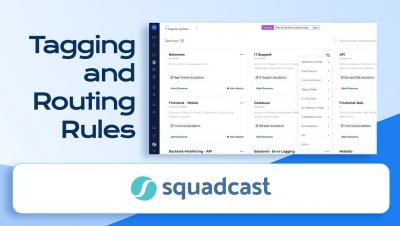Sponsored Post
SRE Best Practices
Site Reliability Engineering (SRE) is a practice that emerged at Google because of its need for highly reliable and scalable systems. SRE unifies operations and development teams and implements DevOps principles to ensure system reliability, scalability, and performance. There's plenty of documentation on tactics for adopting automation and implementing infrastructure as code, but practical ops-focused SRE best practices based on real-world experience are harder to find. This article will explore 6 SRE best practices based on feedback from SREs and technical subject matter experts.




